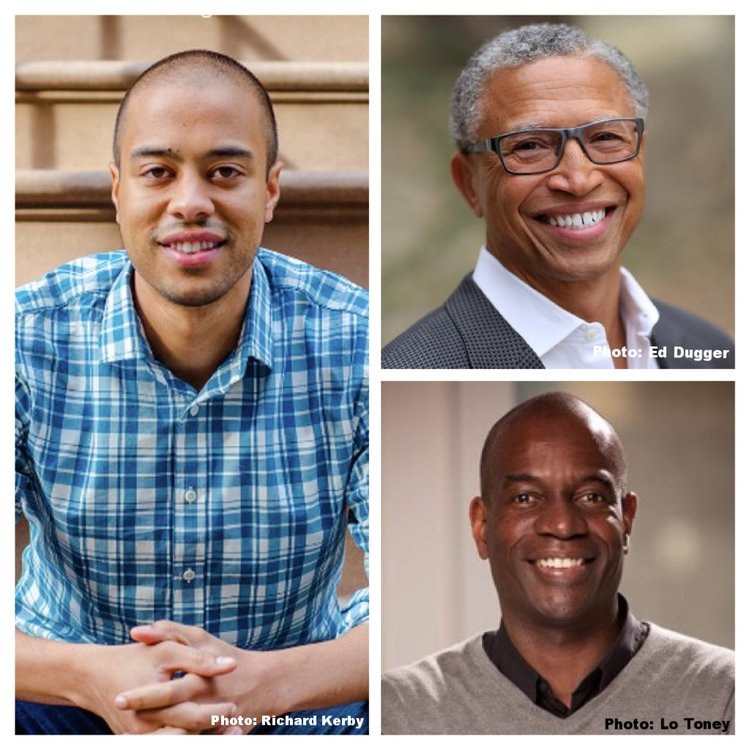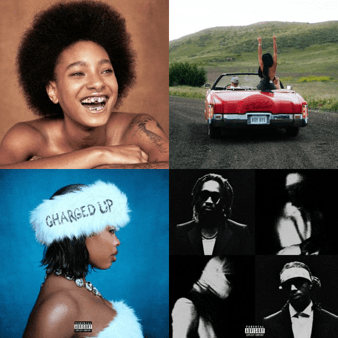By CultureBanx Team
- Impact investing will grow to more than $300 billion by 2020
- Global economic stability needs to address access to capital inequities
In the past couple of years, lots of capital has poured into social impact businesses, taking a pages out of the original black investors playbook. With impact investing on the rise are we likely to see the rise of more black venture capitalists as the old becomes new again?
Why This Matters: Traditionally VC’s haven’t focused in impact investing, which is a subset of socially responsible investing. McKinsey forecasts impact investing to grow to more than $300 billion by 2020. Social impact companies need investors ready to put capital into more than just benchmarks on a spreadsheet. This is something Edward Dugger, one of the pioneer investors in black founders knows all too well.
Dugger was a managing partner at UMC Ventures in the late 80s and early 90s, the fund only invested in black founders. During that time they were able to finance more than $2 billion for these companies to grow. “We were providing a counter point that black founders could grow and scale companies along with tapping into tradition forms of capital,” said Dugger.
There have been several other black investors to follow Dugger’s lead including Lo Toney of Plexo Capital and Richard Kerby from Equal Ventures. Social impact businesses need investors with expertise in developing and establishing a viable business model, basic operations, along with capital discipline.
The lack of diversity within venture capital is something Richard Kerby has been trying to figure out. Within the industry it’s been very hard to attain, when more than 70% of venture capitalists are white, 26% are Asian and only 3% of them are black, Kerby found in his research.
He also note 40% of venture investors have attended either Stanford or Harvard. “It is no wonder that this industry feels so insular and less of meritocracy but more of a mirrortocracy,” Kerby writes. Even 50% of black investors in venture capital went to Harvard or Stanford, leading Kerby to conclude that while talent is evenly distributed, unfortunately, opportunity is not.
Situational Awareness: Capital commitments to socially responsible companies will expand as the VC’s calling the shots start to diversify. It is possible for this asset class to meet the financial challenges and goals the people backing them set out, while achieving the desired social returns.
CBx Vibe: “Woke” Kayo Genesis









